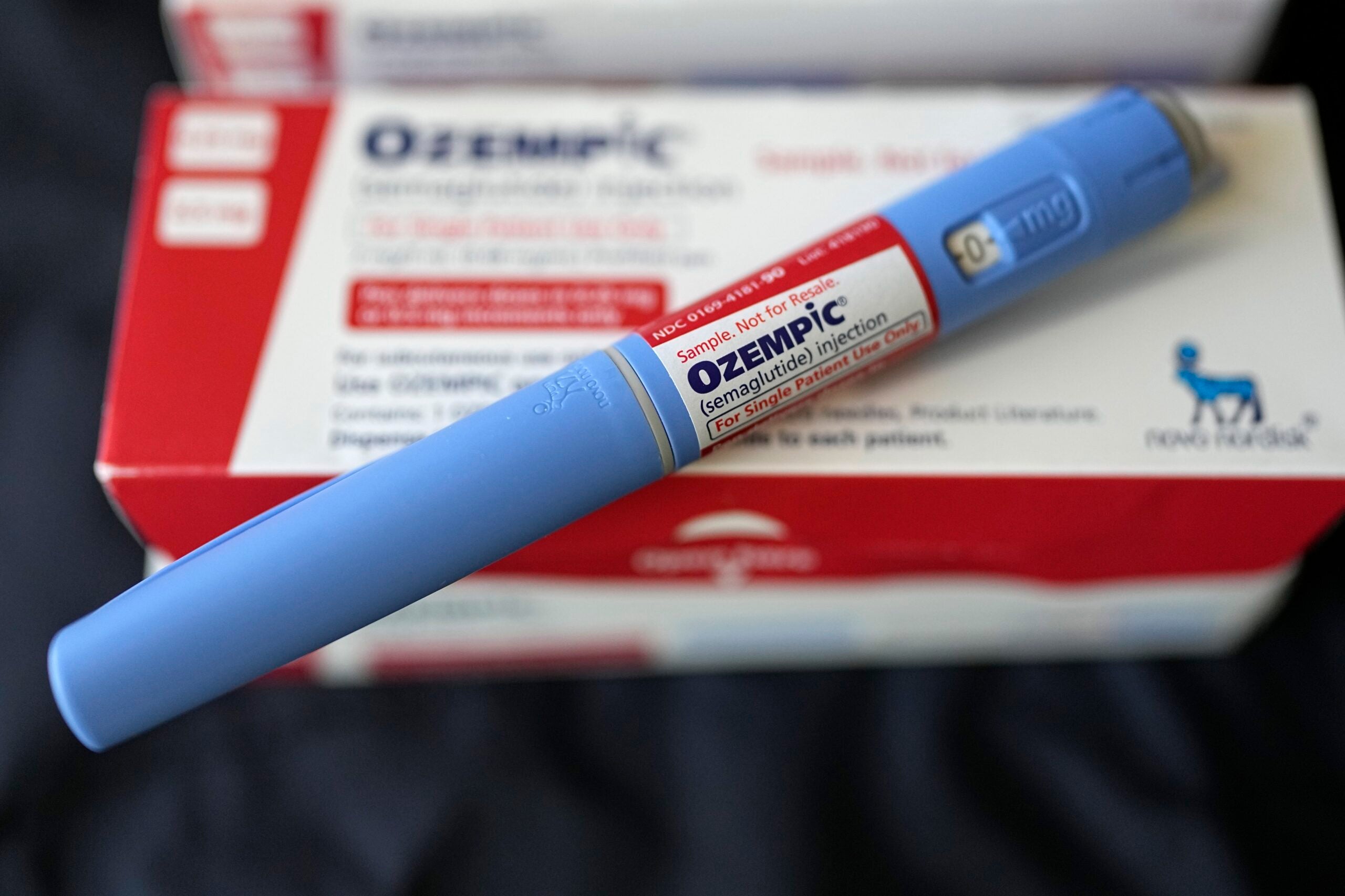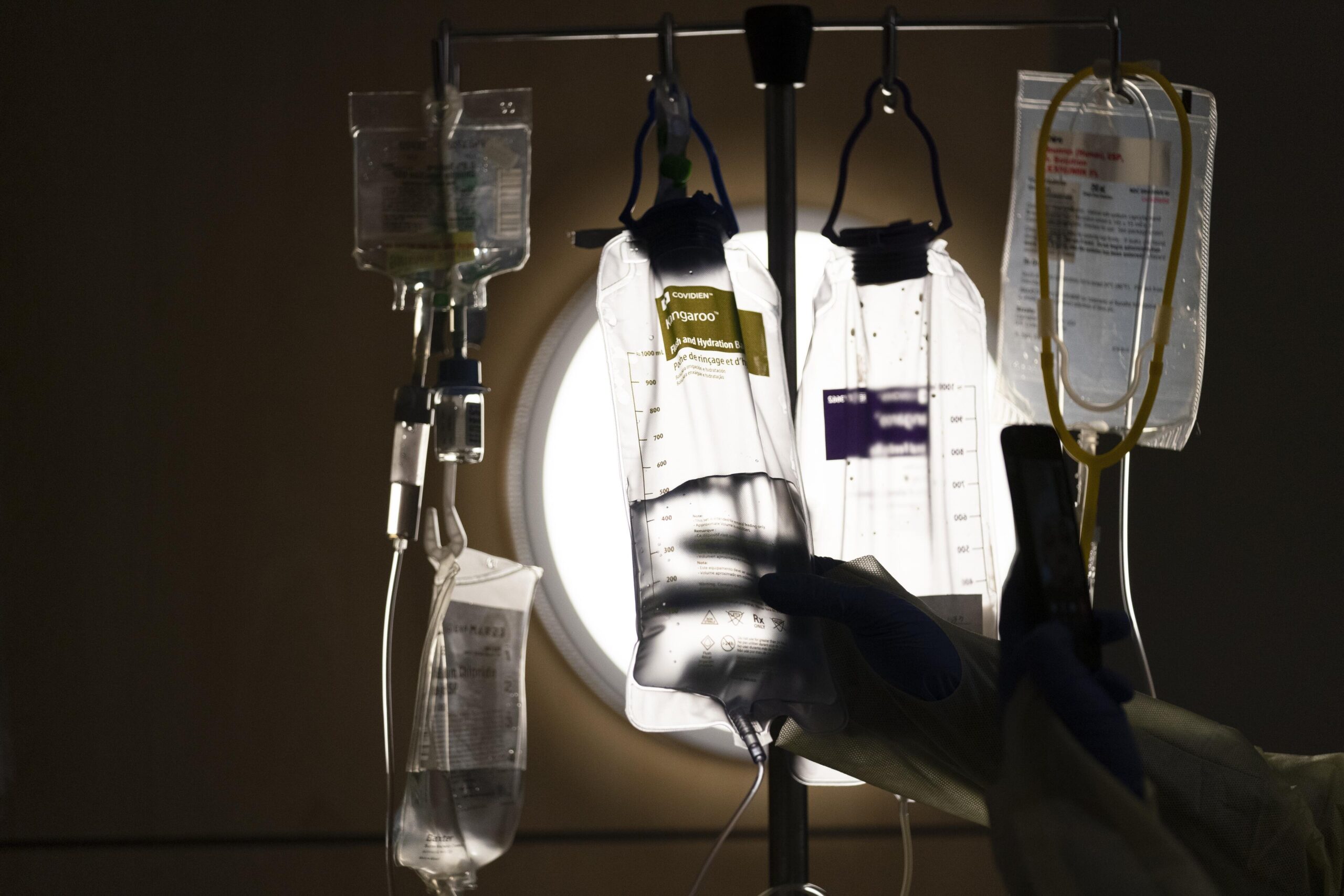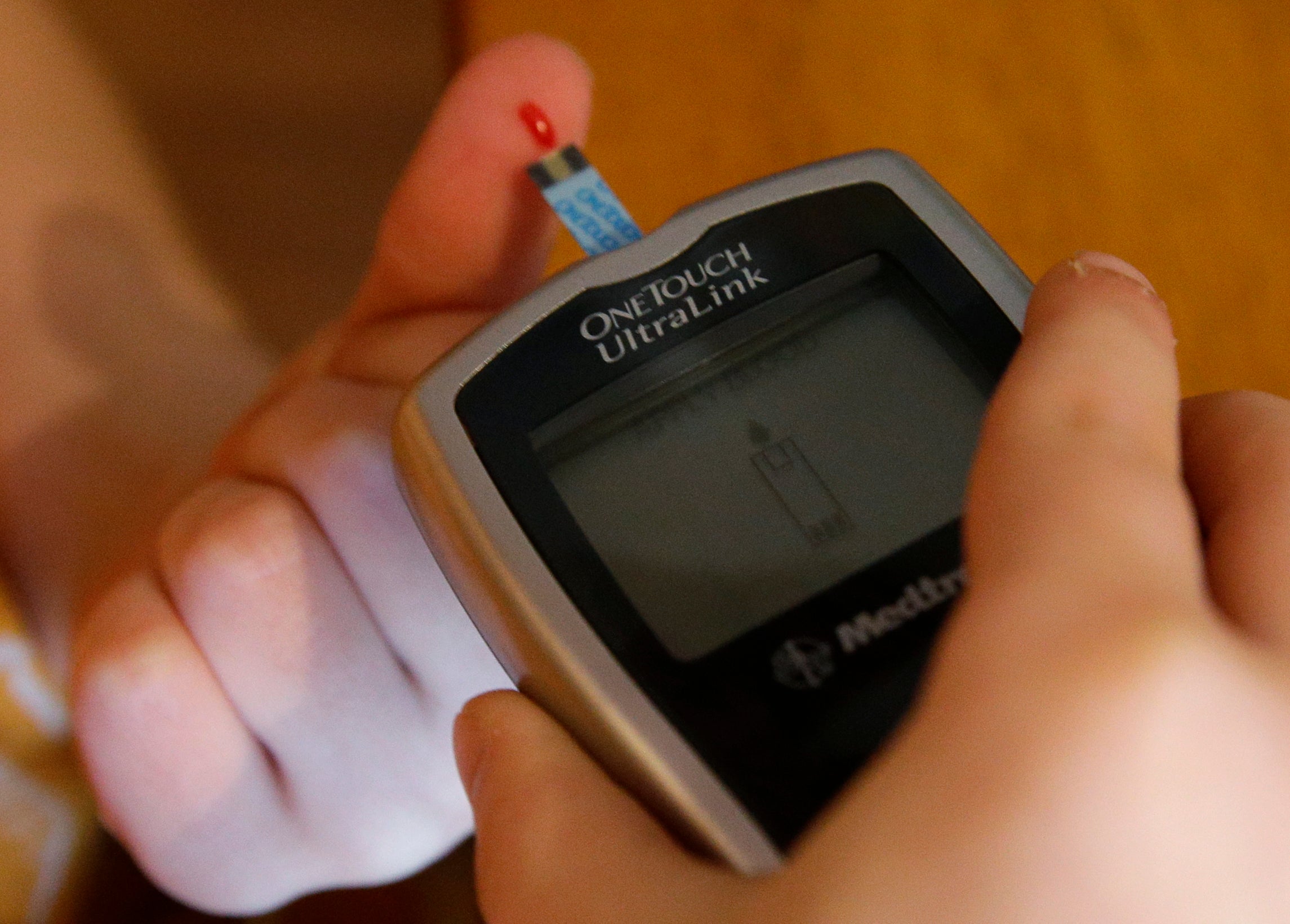Patients at a Milwaukee pharmacy are feeling the shortage of Ozempic and other medications used to treat type 2 diabetes.
These medications — known as GLP-1 drugs — have been in short supply since 2022. Manufacturer Novo Nordisk advised that the shortage will last until at least the end of the year.
GLP-1 drugs have also proved to help with weight loss, which, coupled with aggressive advertising, has made them extremely popular.
News with a little more humanity
WPR’s “Wisconsin Today” newsletter keeps you connected to the state you love without feeling overwhelmed. No paywall. No agenda. No corporate filter.
Hashim Zaibak, CEO of Hayat Pharmacy in Milwaukee, told WPR’s “Wisconsin Today” that some of the patients he serves have been unable to fill their prescriptions because of the shortage. The same is true on the national scale.
“We have been having challenges ordering some of the weight loss medications that are also used to treat diabetes,” Zaibak said. “Some of the patients have had to go without them for a short period of time, unfortunately.”
Manufacturers like Novo Nordisk, which supplies Ozempic and Wegovy, have pledged to increase manufacturing capacity in order to keep up with the high demand and prevent future shortages. In April, Eli Lilly announced plans to acquire a new injectable medicine manufacturing facility in Pleasant Prairie in order to keep up with the demand for Mounjaro and Zepbound, which are also GLP-1 medications.
Pharmacy obstacles contribute to supply issues for many patients
There are other obstacles beyond the supply chain getting in the way of diabetes and weight loss patients receiving their medications. Nicole Schreiner, CEO of Streu’s Pharmacy in Green Bay, said pharmacy problems are also contributing to the situation.
“Pharmacy benefit managers may require patients to use a certain pharmacy or penalize the patient with a higher copay for not using the preferred pharmacy, even if that preferred pharmacy cannot supply the medication,” Schreiner said.
Schreiner also said pharmacies are sometimes reluctant to keep stock of the medications since the reimbursement they receive from pharmacy benefit managers for filling a prescription for GLP-1 medications is often less than the cost to acquire them.
More recently, insurance companies have tried to address the shortage of diabetes drugs by only covering medications for their designated use, said Dr. Lisa Morselli, an assistant professor at the Medical College of Wisconsin.
“Nowadays, insurance companies are very strict about who can take what medication, so I cannot prescribe a diabetes medication for weight loss in someone who doesn’t have diabetes,” Morselli said. “So, I don’t think that’s contributing to the shortages anymore.”
GLP-1 medications are often sold under different names for different purposes. For example, Ozempic and Wegovy are the same medication: semaglutide. But Ozempic is designated for type 2 diabetes and Wegovy is for weight loss.
Morselli said in the early days of these medications, providers were able to prescribe the medications for off-label use.
“Many providers, myself included, initially prescribed whichever one the patient’s insurance was covering, even if the patients didn’t have diabetes,” Morselli said. “So, that may have contributed to the shortages for people who had diabetes initially.”
The temporary lapses in injectable GLP-1 medication are manageable for many patients since most of the medications are used on a weekly basis. But anything longer than a few weeks could start to pose a problem.
“Even if you don’t take it for a couple of weeks or three weeks, you still have medication in your system,” Morselli said. “But when you get two, three, four weeks of interruption, that’s when you start not having that much in your system. Then, that becomes a problem.”







